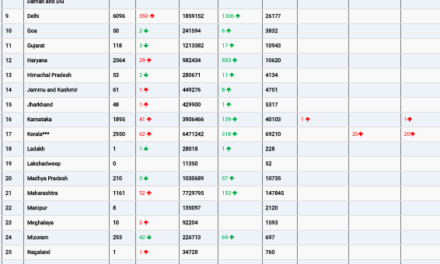January 6, 2025
In a somber milestone, the Louisiana Department of Health (LDH) announced the first human death in the United States caused by the highly pathogenic avian influenza (HPAI), commonly known as H5N1 or bird flu. The deceased, identified as an individual over the age of 65 with pre-existing medical conditions, contracted the virus after exposure to both a non-commercial backyard flock and wild birds.
In its statement, LDH confirmed that no additional H5N1 cases or evidence of human-to-human transmission have been detected. “The current public health risk for the general public remains low,” the department assured. However, individuals working with birds, poultry, or livestock, or engaging in recreational activities involving such animals, are considered at higher risk of exposure.
To mitigate the spread of H5N1, LDH advised strict precautions, including avoiding contact with wild birds and their droppings, handling sick or dead animals with care, and ensuring all poultry, eggs, and animal products are thoroughly cooked to proper temperatures. The department also cautioned against consuming unpasteurized raw milk or cheeses derived from animals with suspected infections.
“People exposed to sick or dead birds, or those working on farms where avian influenza is detected, should monitor for respiratory symptoms or conjunctivitis,” the LDH noted in its guidance.
This tragic incident highlights the ongoing global threat of H5N1. In India, three tigers and a leopard at the Balasaheb Thackeray Gorewada International Zoological Park in Nagpur recently succumbed to the virus. Authorities in Maharashtra subsequently issued a red alert for other zoos in the state to prevent further outbreaks.
Experts emphasize that while the risk of widespread human transmission remains low, vigilance is crucial. Public health authorities continue to monitor the situation closely, urging citizens to adopt preventive measures to safeguard against potential exposure.












